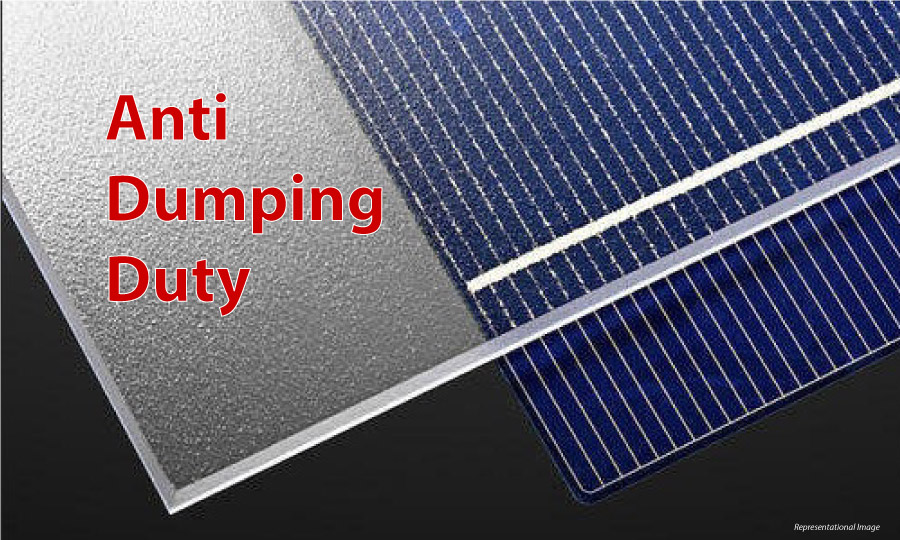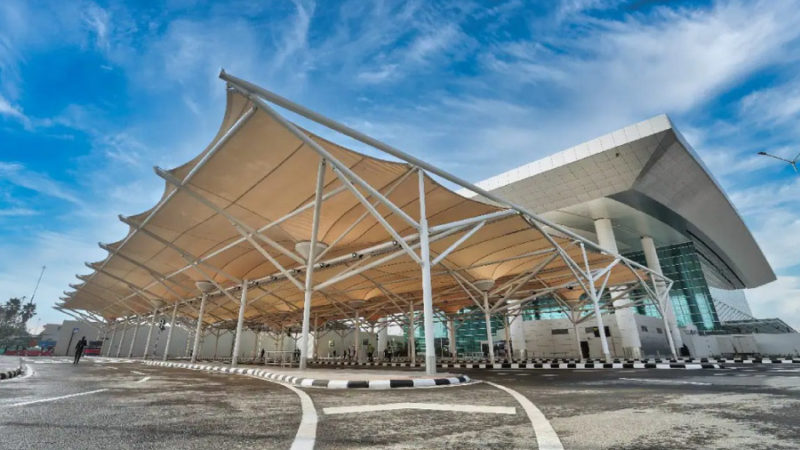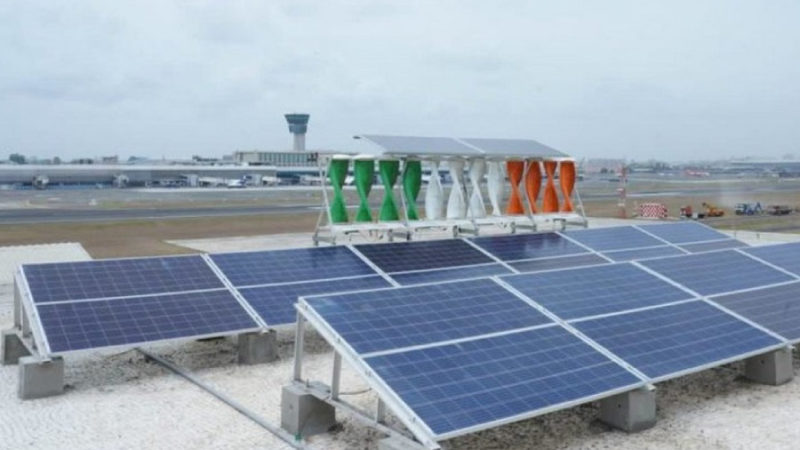DGTR recommends maintaining Anti Dumping Duty on Solar Glass from China

DGTR has recommended the continuation of anti-dumping duties on imports of subject goods from the subject country for another two years.
In a sunset review of the anti-dumping investigation, the Directorate General of Trade Remedies (DGTR), the investigation arm of the commerce ministry has recommended keeping the anti-dumping duty on Chinese solar glass for two years in order to protect domestic players from cheap imports.
The application for sunset review of the anti-dumping investigation, was filed by Borosol Renewables Ltd in connection with the imports of this glass from China. Earlier, the anti dumping duty was imposed by the revenue department in August 2017.
In a notification, the Directorate General of Trade Remedies (DGTR) stated that Chinese textured tempered coated and uncoated glass should continue to be subject to anti-dumping duties.
This product is used in solar photovoltaic panels and solar thermal applications, and is also known by other names in the market such as solar glass, solar glass low iron, and solar photovoltaic glass.
In a statement issued by the DGTR, the designated authority recommends the continuation of anti-dumping duties on imports of subject goods from the subject country for another two years.
Duties ranging from USD 192.82 per tonne to USD 302.65 per tonne have been suggested by the DGTR. However, to continue with the imposition of this duty, the finance ministry will have the final say.
In its investigation, the DGTR has concluded that the product is being exported to India at prices below the normal value, thus resulting in continued dumping. Thus the domestic industry has been suffering losses due to the price effect of dumped imports from China along with imports from related Chinese companies in Malaysia, the DGTR noted.
This glass has significant unutilised capacities in China as being produced in large quantities. A small fraction of this unutilised capacity is enough to cater to the entire Indian demand for this glass. Thus, when the duty expires, the DGTR stated that there is a clear likelihood of dumping of the goods in “significant volumes” and consequent injury to the domestic industry.
Dumping happens when a company or a country exports a product at a lower price than it sells the item for in its own market. This affects the price of the product in the importing country, resulting in a reduction in margins and profits for manufacturers in the importing country.
Global trade norms allow a country to impose tariffs on such dumped products to level the playing field for domestic producers. It can only be applied after a thorough investigation is completed by a quasi-judicial body, in India this is done by the DGTR.
To conclude its investigation, the directorate has to determine whether the imported products have affected domestic industries.
Connect with Power Insight: Facebook | LinkedIn | Twitter









